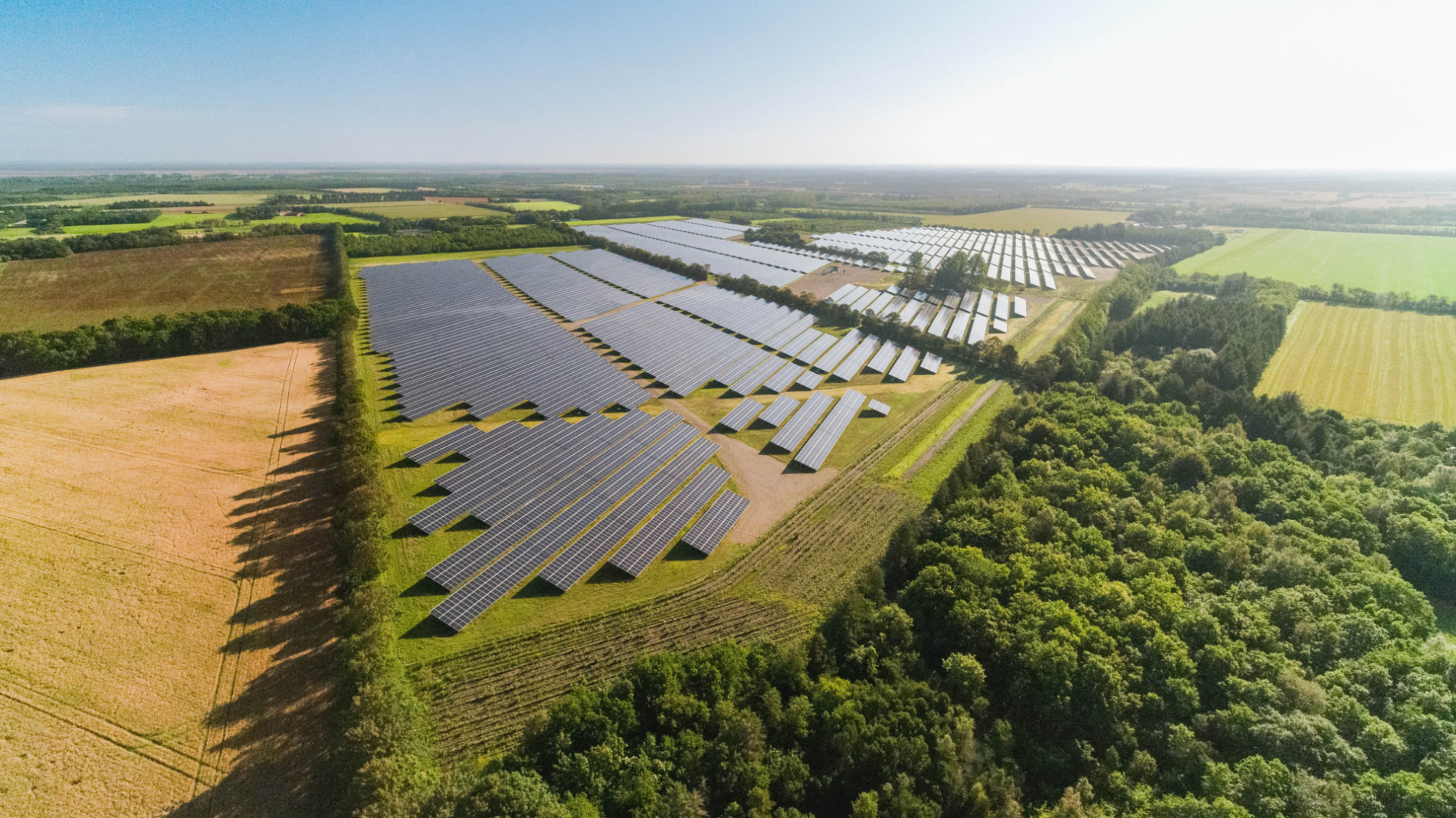Sustainable Finance Disclosure

1. Article 29 of the French Energy-Climate Law (LEC29)
Decree 2021-663 of 27 May 2021, known as “Decree LEC29”, issued pursuant to Article 29 of the “Energy-Climate” Law, sets out the content of the LEC29 report aimed at making market participants more transparent about their non-financial practices, in particular the consideration of climate and biodiversity risks.
The LEC29 reports must be published each year by market participants concerned.
Our most recent LEC29 report for our management company in scope of the decree can be found here ('Omnes Capital SA'). Regarding our Funds' reports in scope of the decree, they can be found here (‘Capenergie 4’) and here (‘Capenergie 5’).
2. Sustainable Finance Disclosure Regulation (SFDR)
Regulation (EU) 2019/2088, known as the Sustainable Finance Disclosure Regulation (“SFDR”), was adopted on 27 November 2019 and deals with sustainability-related disclosure in the financial services sector. The Regulation aims to improve transparency between financial market participants (“FMPs”) on how they integrate sustainability risks in their investment decisions, consider potential adverse impacts, promote certain environmental or social characteristics, or aim to achieve sustainable investment objectives.
What follows from the SFDR is that Omnes needs to transparently communicate to potential investors on our website on:
· Our consideration of sustainability risks in our investment decision-making process (“Article 3 SFDR”); and
· Our policy on considering and mitigating potential negative impacts of our investment decision-making on sustainability factors (“Article 4 SFDR”); and
· Our integration of sustainability goals within our remuneration policies (“Article 5 SFDR”); and
· The processes within our Funds on how we measure the performance of our sustainable investment objectives (“Article 10 SFDR”)
Our commitment to responsible investment
Omnes has been working with entrepreneurs and infrastructure project owners since it became an independent entity in 2011 and split from Credit Agricole. We are convinced that integrating extra-financial criteria into the partnerships we develop with entrepreneurs is essential to create long-term value. We pay particular attention to preserving the environment, promoting human capital and establishing transparent and responsible governance structures.
As such, we have developed a comprehensive approach to integrating salient Environmental, Social and Governance (‘ESG’) factors into our investment approach.
‘Our approach to responsible investment’ sets out how we implement this throughout our investment processes and how we manage risk on a structural basis.
The most recent version is part of the Omnes Sustainability Policy, which is available here.
a. Sustainability risk assessment [“Article 3 SFDR”]
An important part of our approach to responsible investment is that we monitor and manage the risk a sustainability-related event or situation could potentially, or actually, have on the value of a client’s investment into one of our Funds.
Our main risk areas and mitigation measures are also described in the Omnes Sustainability Policy.
b. Considering potential negative impacts of our investment decision-making on sustainability factors [“Article 4 SFDR”]
In April 2022, the European Commission adopted the Regulatory Technical Standards [“RTS’] under the SFDR. This included a list of Principal Adverse Impact (“PAI”) indicators which a Fund must take into account to determine that an investment Does No Significant Harm [“DNSH’].
Our above process on screening for potential ESG risks aligns with the requirements under Recital 17 SFDR [“the precautionary principle’] but our pre-investment due diligence does not (yet) include a full pre-deal or periodic review of all indicators for adverse impacts provided in Tables 1, 2 and 3 of Annex 1 SFDR[1].
Appendix 1 of the Omnes Sustainability Policy, as well as the Appendix included in the 2023 Omnes Sustainability Report (which is available here) include a consolidated statement of PAI indicators covering the period from 1 January 2023 to 31 December 2023 for those Omnes Funds for which sufficient and good quality data was available.
We do however attempt to minimize potential negative impacts of our investments on sustainability-factors through the implementation of a strict exclusion policy, a rigorous due diligence process and ESG scoring grid, our active ownership and engagement, and our adherence to international standards.
All is detailed in our Omnes Sustainability Policy.
c. Integration of sustainability goals within our remuneration policies [“Article 5 SFDR”]
Remuneration at Omnes reflects the success of the company and is based along multiple parameters. We discourage excessive risk taking for both business and sustainability.
Remuneration is also aligned with the long-term interest of our company and the allocation of fixed and variable remuneration is governed by our internal Remuneration Committee and our Supervisory Board. Controls on the application of our remuneration policy – which is available online – are carried out by our Compliance team.
d. The sustainable investment objectives of our Funds [“Article 10 SFDR”]
Omnes manages 45 Funds across our Renewable Energy, Venture Capital, Sustainable Cities and Co-Investment teams. A complete list of these Funds is available here.
Currently we have two Funds with a specific sustainable investment objective, namely Capenergie 5 (‘Cap5’) and Construction Energie Plus 2 (‘CEP2’). Both Funds are currently fundraising and making new investments.
This statement was published on 12 November 2024.
[1] We are aware that the mandatory list of PAI indicators is likely to expand as markets mature and market consultations give direction on priority factors